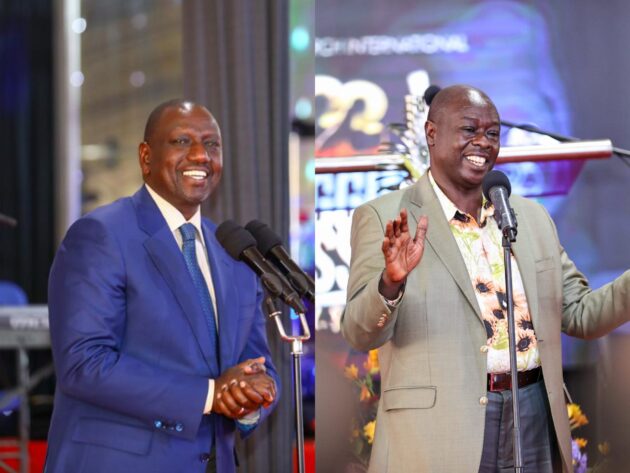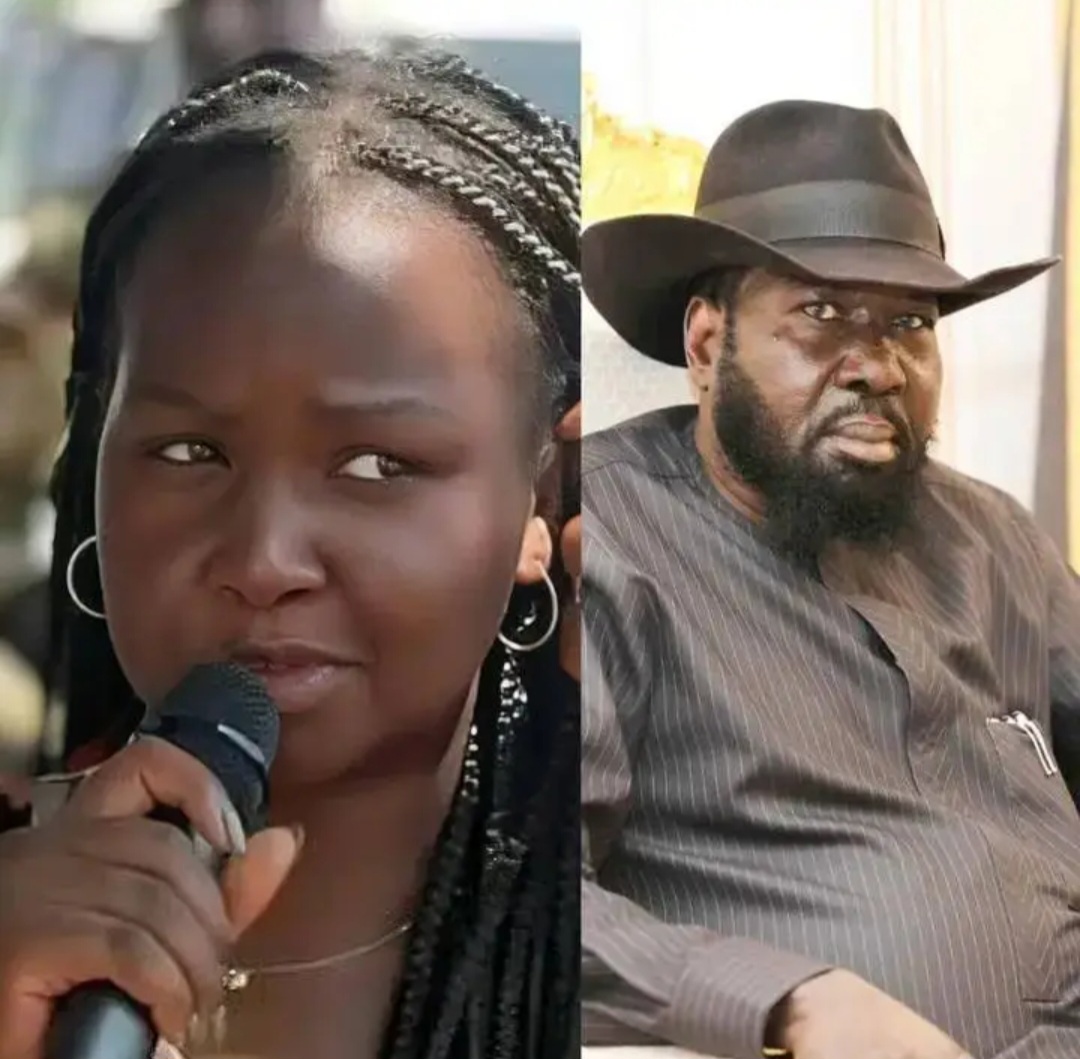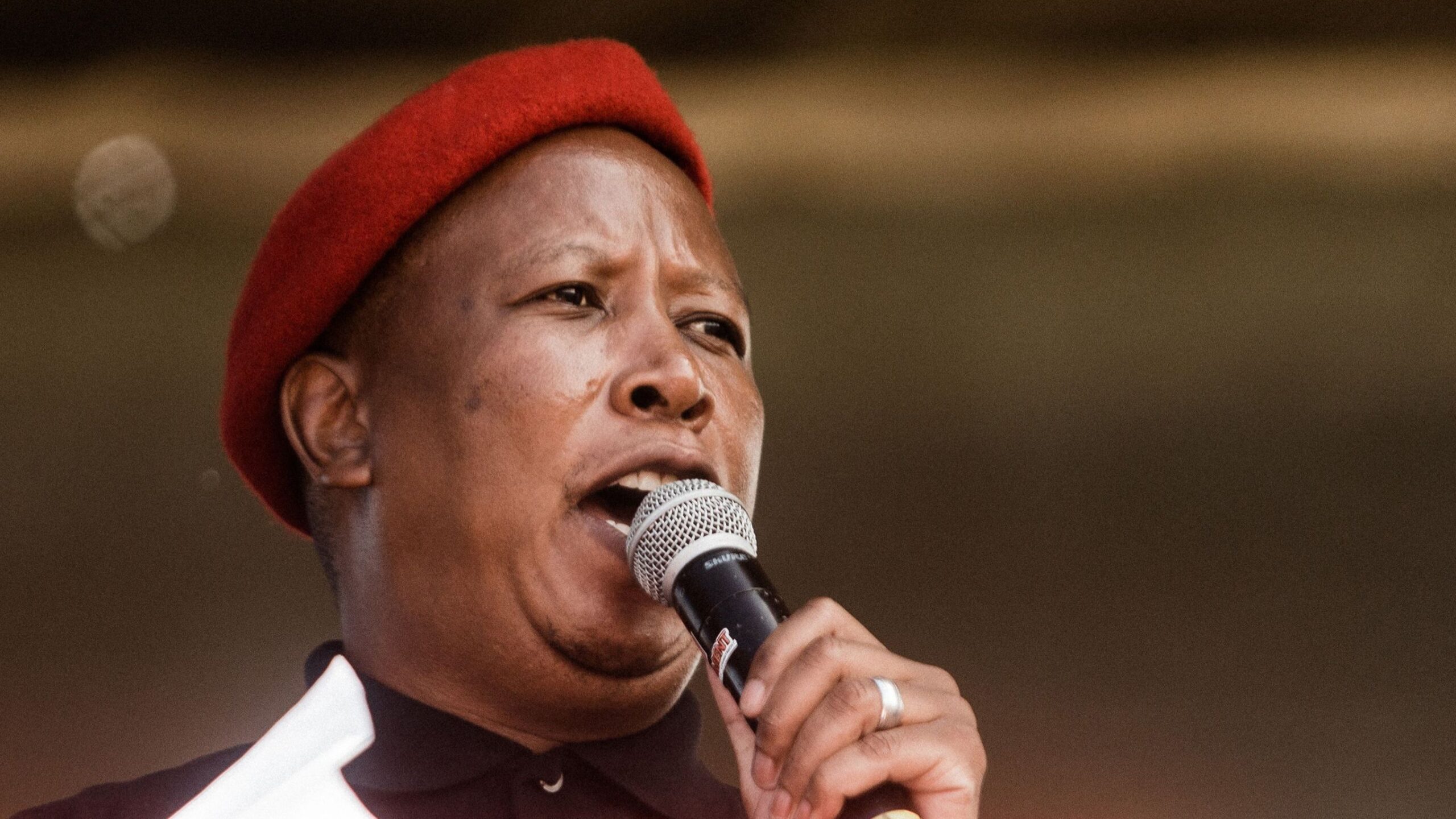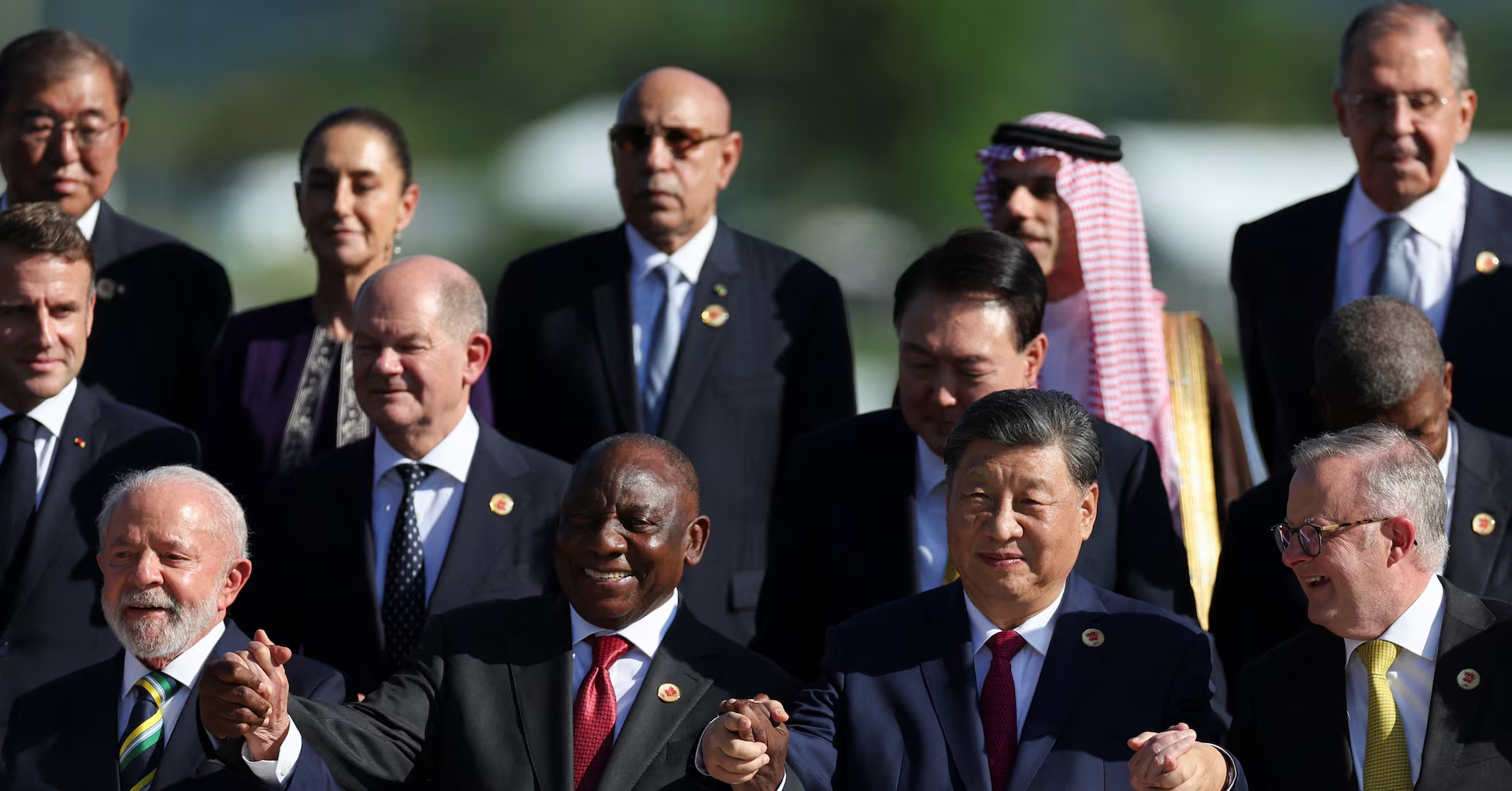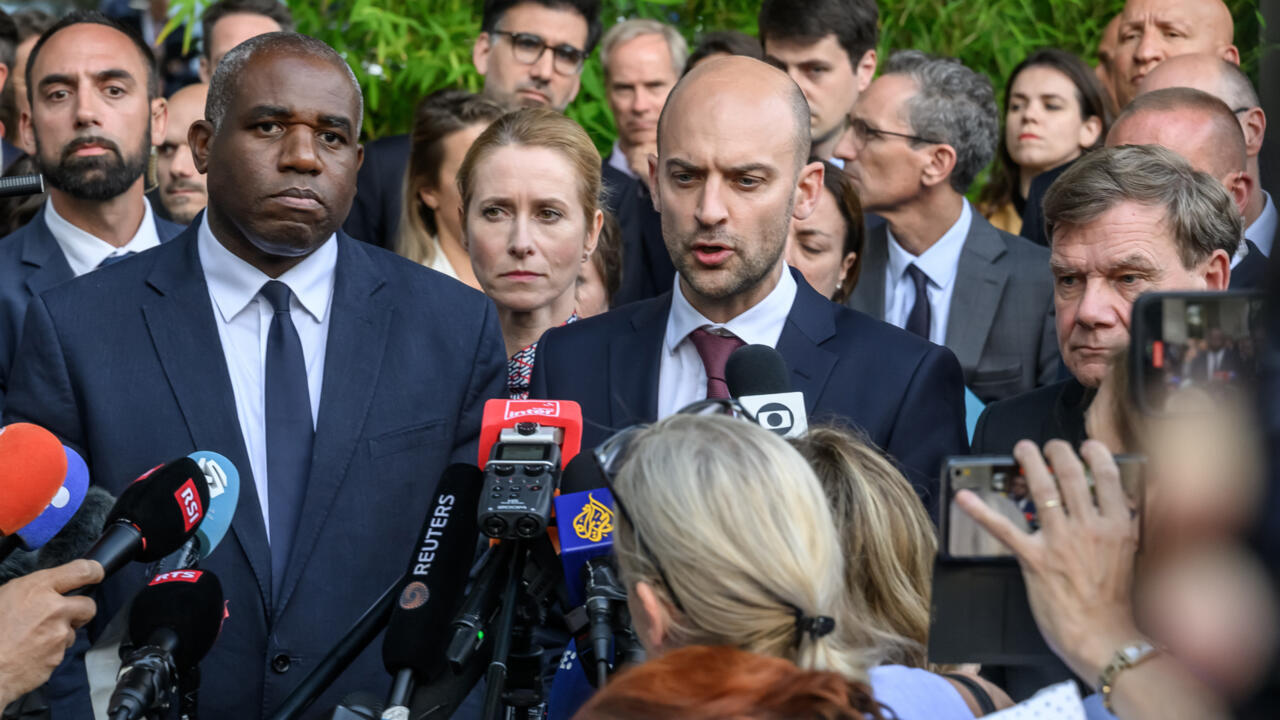The Julius Malema hate speech case has reached a decisive moment after the Western Cape Equality Court ruled that the Economic Freedom Fighters (EFF) leader is guilty of hate speech.
The case stemmed from remarks Malema made at an October 2022 rally, where he told supporters:
“No white man is going to beat me up. You must never be scared to kill.”
The court ruled that these words were not metaphorical or symbolic, but amounted to direct incitement to violence against white South Africans, contravening Section 10 of the Equality Act.
Who Brought the Julius Malema Hate Speech Case?
The South African Human Rights Commission (SAHRC) initiated the case following public complaints. Civil-rights group AfriForum also backed the case, calling the outcome a clear message that Julius Malema’s hate speech cannot be excused as political rhetoric.
Although no penalties have yet been imposed, the ruling establishes liability, with sanctions expected to follow in the next legal stage.
Political Fallout
- The Democratic Alliance (DA) praised the judgment, saying it reinforces that hate speech has no place in a democracy.
- The EFF rejected the ruling, announcing plans to appeal at the Supreme Court of Appeal, and argued that Malema’s words were part of revolutionary struggle language.
Why the Julius Malema Hate Speech Ruling Matters
The ruling could reshape how South Africa draws the line between protected political expression and unlawful incitement.
In past controversies, courts ruled that the struggle song “Kill the Boer” did not qualify as hate speech because of its historical context. By contrast, Malema’s 2022 rally remarks were deemed a direct call to violence, stripping them of any symbolic protection.
Conclusion
The Julius Malema hate speech ruling marks a significant legal precedent. With the EFF set to appeal, the case continues, but the judgment already signals a stricter approach to political speech that borders on racial incitement.




